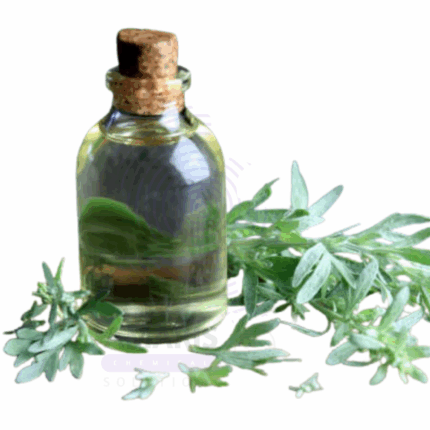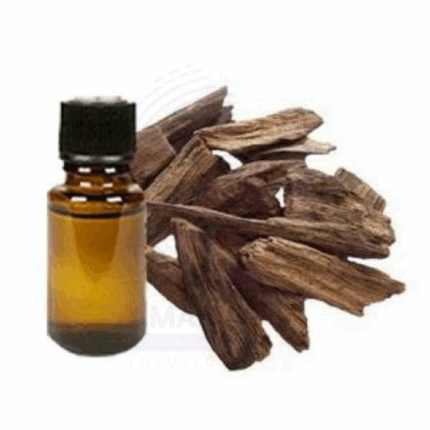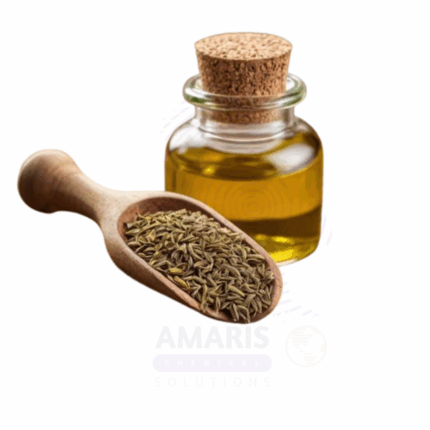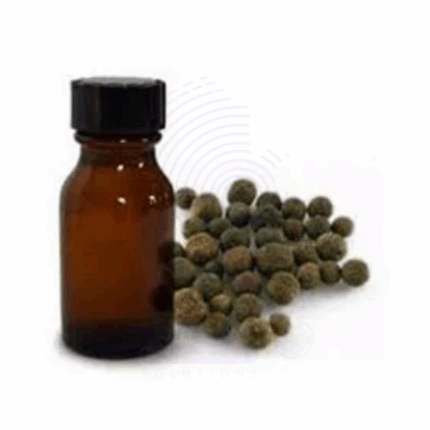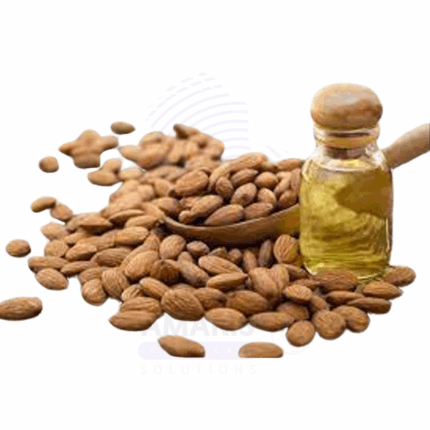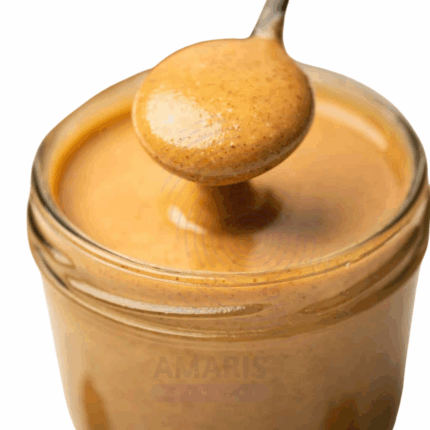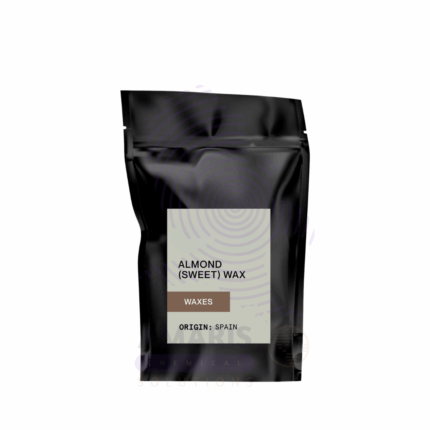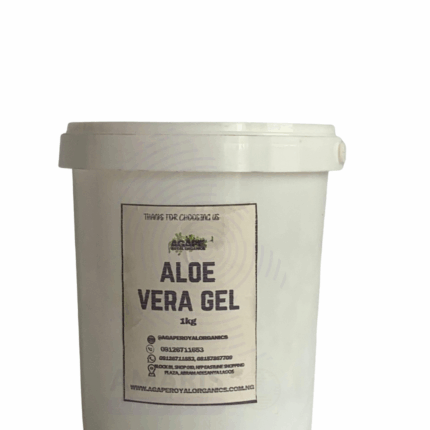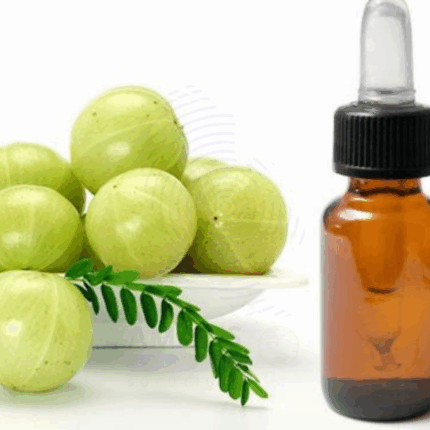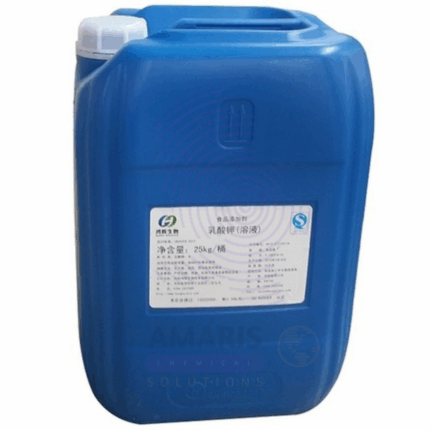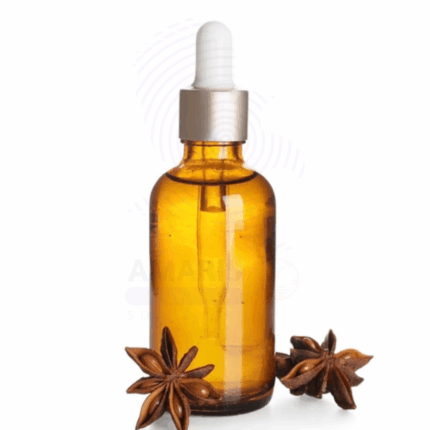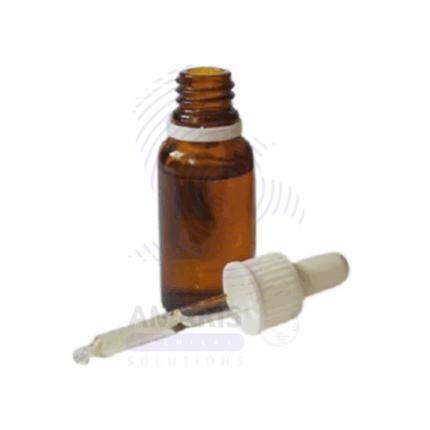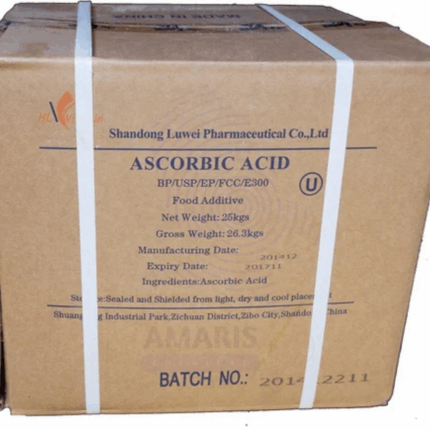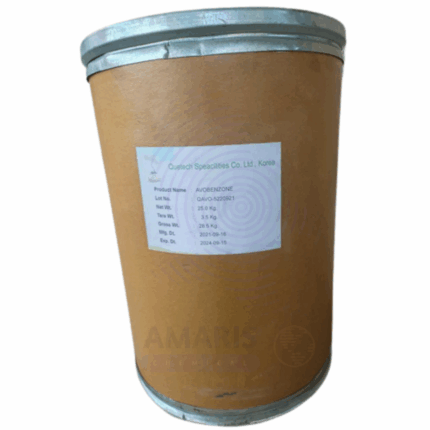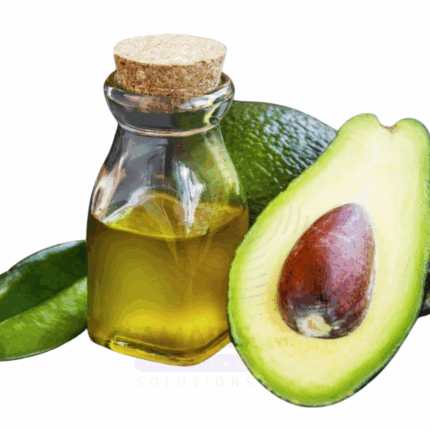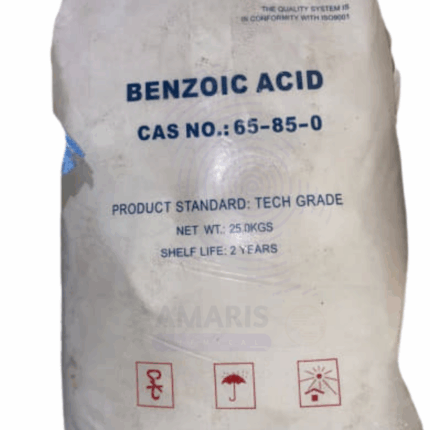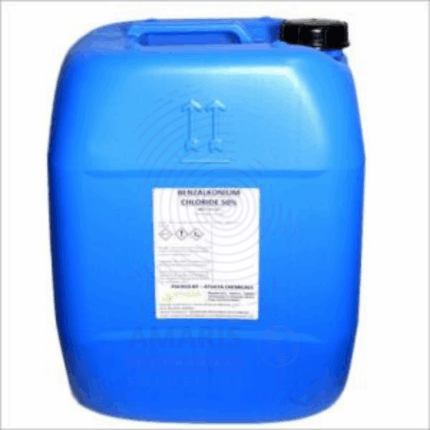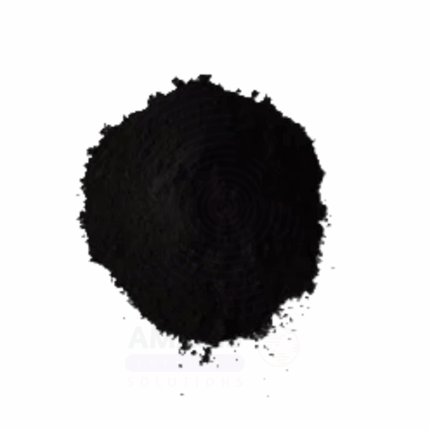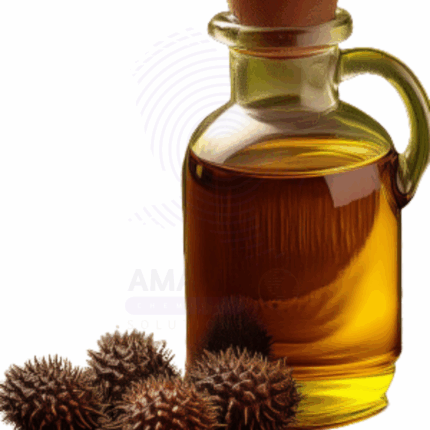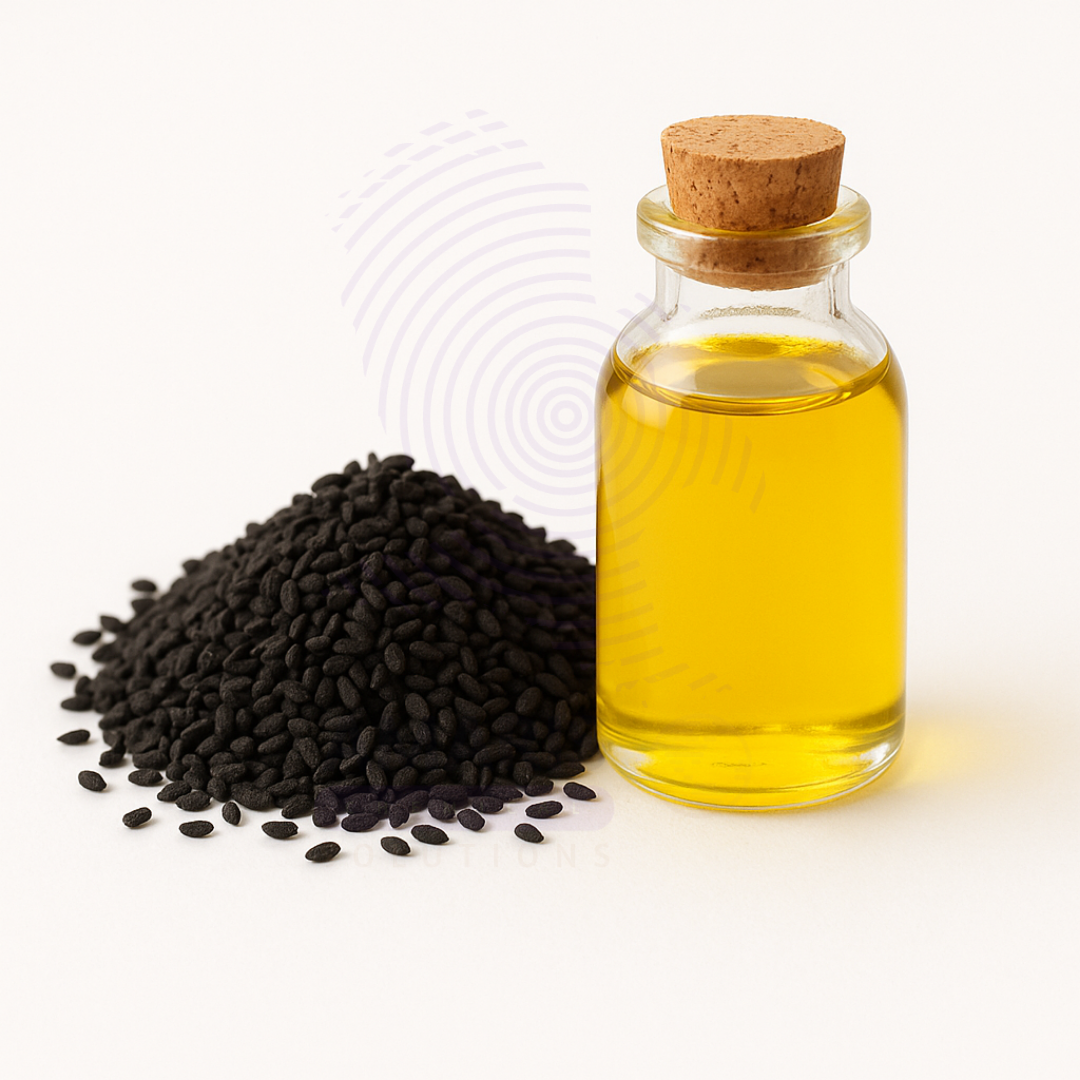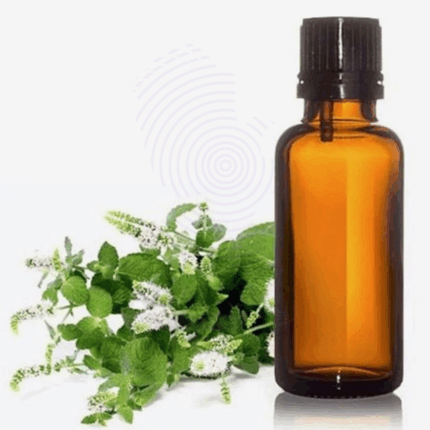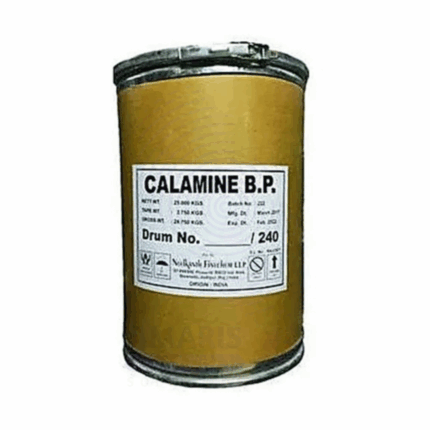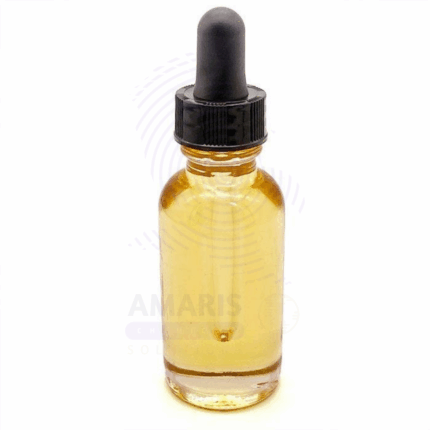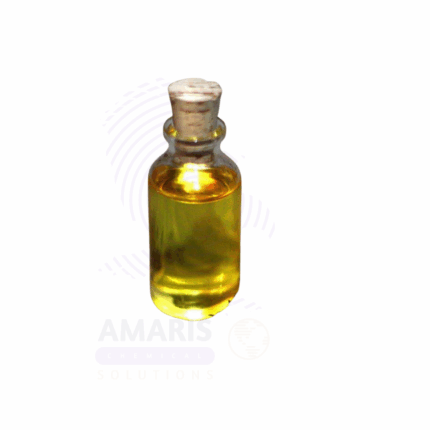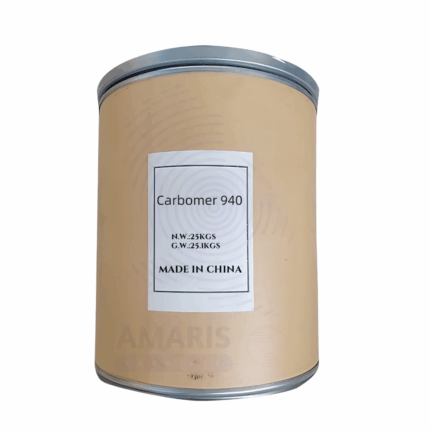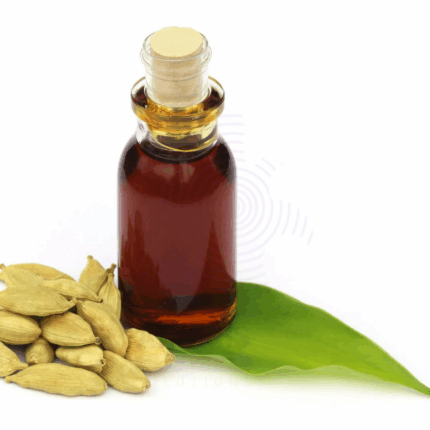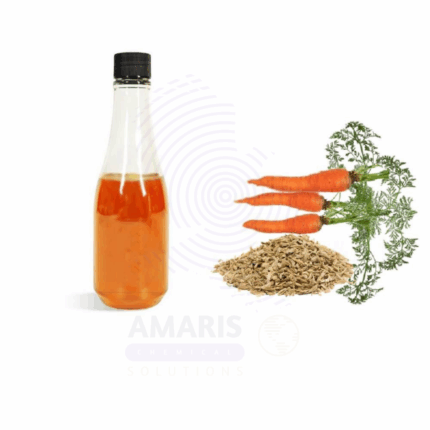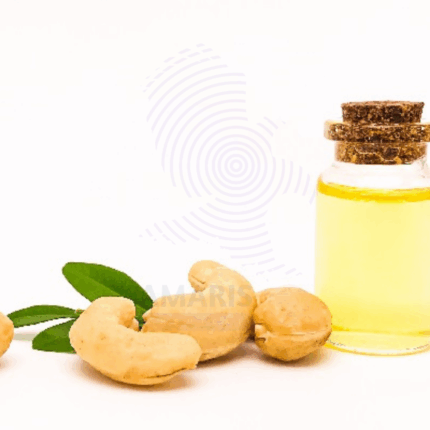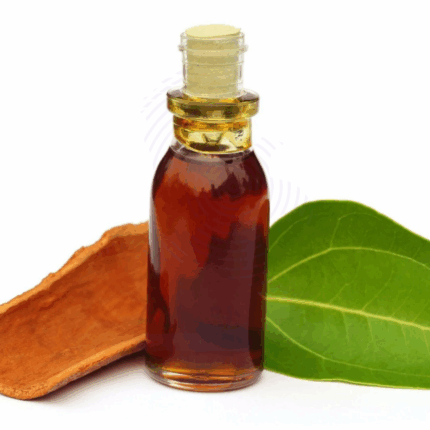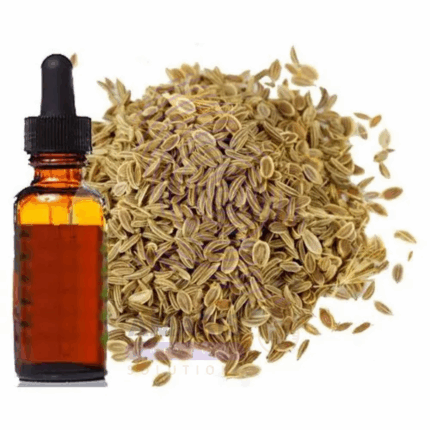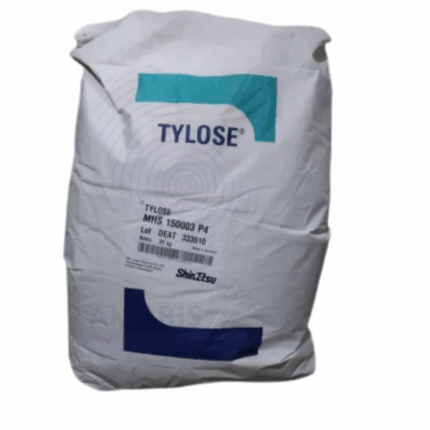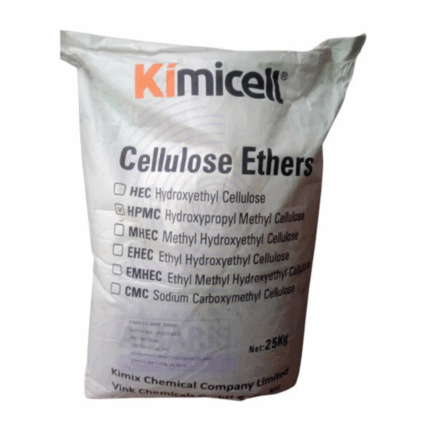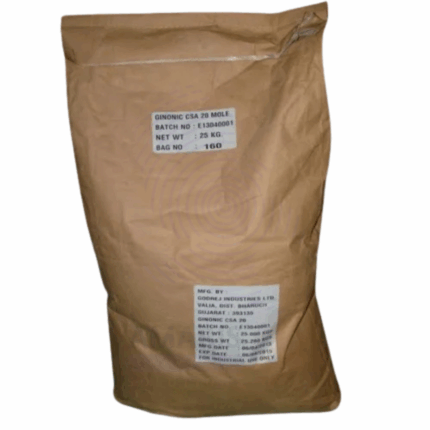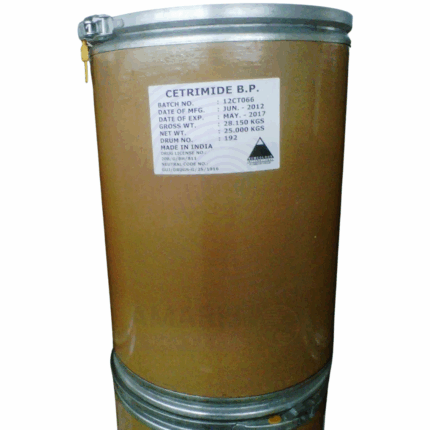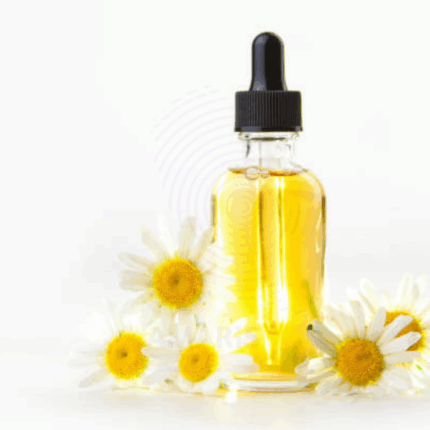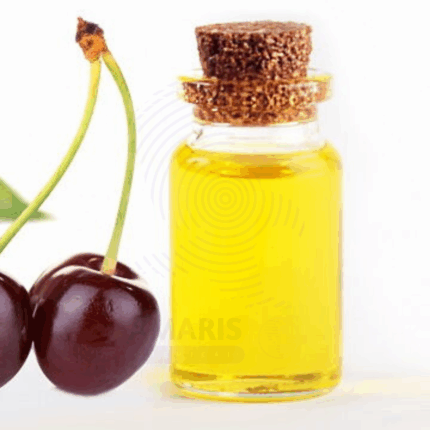Abies Alba oil
Abies Alba Oil, also known as Silver Fir Needle Oil, is a high-purity essential oil extracted via steam distillation from the needles and twigs of the European Silver Fir (Abies alba). Native to the alpine forests of Europe, this oil is prized for its crisp, forest-fresh aroma and therapeutic versatility. Rich in naturally occurring monoterpenes such as alpha-pinene and bornyl acetate, Abies Alba Oil possesses purifying, anti-inflammatory, and antimicrobial qualities.
Its clean, invigorating scent supports respiratory wellness, emotional balance, and mental clarity, making it a popular ingredient in aromatherapy and spa products. It is also used extensively in cosmetic formulations for its deodorizing, skin-soothing, and aromatic effects. Abies Alba Oil is a natural solution for enhancing wellness and sensory experiences across multiple industries.
Abis Sibirica Oil
Abies Sibirica Oil, commonly referred to as Siberian Fir Needle Oil, is a premium-grade essential oil obtained through steam distillation of the needles and twigs of the Abies sibirica tree, native to Siberia and parts of Northern Europe. This oil is renowned for its crisp, woody, and resinous aroma with delicate balsamic undertones. Rich in natural compounds such as bornyl acetate, alpha-pinene, and limonene, Abies Sibirica Oil exhibits powerful antimicrobial, anti-inflammatory, and expectorant properties.
Used traditionally in wellness therapies and natural medicine, this oil supports respiratory comfort, emotional balance, and muscle relief. In modern applications, it serves as a natural fragrance and active ingredient in cosmetics, personal care products, spa treatments, and eco-friendly cleaning solutions. Its invigorating scent and therapeutic versatility make it a staple in essential oil formulations across multiple industries.
Absinth Oil
Absinth Oil, also known as Wormwood Essential Oil, is a highly aromatic essential oil extracted through steam distillation from the leaves and flowering tops of the Artemisia absinthium plant. Native to Europe and Asia and known historically for its use in absinthe liqueur, this oil features a sharp, bitter, herbaceous aroma with a green and slightly medicinal edge. Rich in thujone, chamazulene, and other bioactive compounds, Absinth Oil is known for its antimicrobial, anti-inflammatory, and digestive-stimulating properties.
While traditionally associated with herbal medicine and ritualistic use, modern applications of Absinth Oil span personal care, pharmaceuticals, and natural pest repellents. Due to its intensity and potential toxicity in high concentrations, it is used in very controlled amounts in fragrance and therapeutic blends. It is valued for its distinctive scent and potent botanical properties, particularly in cosmetics, aromatherapy, and natural cleaning formulations.
Acetic Acid Food Grade
Acetic Acid Food Grade is a clear, colorless liquid organic compound with a pungent vinegar-like odor. It is a high-purity form of acetic acid specifically produced and processed for safe use in food applications. As the main component of vinegar (after dilution), it serves as a critical flavoring agent, pH adjuster, and preservative in the food industry. Food-grade acetic acid typically has a concentration of 80-100% (glacial acetic acid) or is diluted to lower concentrations (4-20%) for specific applications.
Agarwood oil
Agarwood oil, also known as Oudh Oil, is a rare and luxurious essential oil derived from the heartwood of the Aquilaria tree, primarily found in Southeast Asia. This dark, viscous oil is extracted through steam distillation of infected wood—formed when the tree produces a dark, aromatic resin in response to fungal attack. The resulting oil is one of the most precious and complex natural fragrances in the world, known for its deep, woody, smoky, and slightly sweet aroma.
Agarwood Oil is widely revered in perfumery, spiritual rituals, and traditional medicine. Its rich olfactory profile and fixative qualities make it an indispensable ingredient in high-end perfumes and incense. Additionally, it is used in skin care, wellness therapies, and emotional balancing practices due to its grounding, calming, and meditative effects. Agarwood Oil is produced in extremely limited quantities, which adds to its exclusivity and value.
Ajowan oil
Ajowan Oil, also known as Ajwain Oil or Trachyspermum Ammi Oil, is an essential oil obtained by steam distillation of the seeds of the Trachyspermum ammi plant. With a strong, pungent, thyme-like aroma, Ajowan Oil is rich in thymol—a powerful compound known for its antiseptic, antimicrobial, and digestive properties. Traditionally used in Ayurvedic and Unani medicine, Ajowan Oil is valued today across food preservation, pharmaceuticals, and natural personal care formulations.
This oil exhibits broad-spectrum antimicrobial effects and is widely used in therapeutic balms, oral care, digestive tonics, and antiseptic blends. It also finds applications in fragrance formulations that benefit from its spicy, herbal character. Its potent biological activity makes it effective in natural pest control and disinfectant preparations.
Allspice Pimento Berry Oil
Allspice Pimento Berry Oil is a warm, spicy-sweet essential oil steam-distilled from the dried berries of the Pimenta dioica plant, native to the Caribbean and Central America. Known for its rich, clove-like aroma with hints of cinnamon, nutmeg, and pepper, the oil derives its name from its resemblance to a blend of “all spices.” It contains high concentrations of eugenol and other phenolic compounds, lending it powerful antiseptic, analgesic, and aromatic properties.
Widely used in personal care, massage oils, pharmaceutical balms, and perfumery, Allspice Oil is prized for its warming and comforting scent as well as its therapeutic action. It also finds applications in culinary essence formulations, natural insect repellents, and wellness therapies.
Almond Bitter Oil
Almond Bitter Oil, derived from the kernels of bitter almonds (Prunus amygdalus var. amara), is an essential oil known for its sharp, nutty, and marzipan-like aroma. This oil is produced through steam distillation of crushed bitter almond kernels and contains a naturally occurring compound called benzaldehyde, which gives it its characteristic scent. In purified form (free of hydrogen cyanide), bitter almond oil is used in fragrance, flavoring, and pharmaceutical applications.
Due to its potent aroma and biochemical properties, it is widely used in perfumery, baked goods flavoring (in controlled quantities), aromatherapy, and traditional topical remedies. It is important to distinguish between natural bitter almond oil, which must be detoxified, and synthetic benzaldehyde, which is commonly used as a substitute in commercial formulations.
Almond Butter
Almond Butter is a smooth, creamy paste made by grinding roasted or raw almonds into a nutrient-rich spread. It retains the natural oils and flavor of almonds, offering a mild, nutty aroma and rich, buttery texture. Almond Butter is packed with monounsaturated fats, protein, vitamin E, magnesium, and antioxidants, making it a highly valued ingredient in the food, nutraceutical, and personal care industries.
In cosmetics and skincare, Almond Butter is prized for its emollient properties, making it a popular base for creams, balms, and body butters. It provides skin-softening, moisturizing, and barrier-protecting benefits. In the food and beverage industry, it is used as a spread, in smoothies, baked goods, energy bars, and dairy alternatives. It is also included in specialty pet food and wellness formulations.
Almond Wax
Almond Wax is a plant-based wax derived from almond oil, typically used in cosmetics and skincare products. It is known for its emollient (moisturizing) properties, helping to soften and smooth the skin. Almond wax is rich in fatty acids and vitamin E, making it suitable for sensitive or dry skin. It is often used as a natural alternative to synthetic waxes in formulations like lip balms, creams, and lotions. Additionally, it provides a smooth texture and helps to stabilize emulsions in skincare products.
Aloe Vera Gel
Aloe Vera Gel is a clear, jelly-like substance extracted from the inner leaf of the Aloe vera plant. It is widely used in skincare for its soothing, hydrating, and healing properties. Rich in vitamins (especially A, C, and E), enzymes, and amino acids, Aloe Vera Gel is commonly applied to treat sunburns, minor cuts, skin irritation, and dryness. It also has mild anti-inflammatory and antibacterial effects, making it a popular natural remedy in both cosmetic and medicinal products.
Alpha Arbutin
Alpha Arbutin is a biosynthetic active ingredient derived from hydroquinone and glucose. It is widely used in cosmetic and skincare formulations for its skin-brightening and spot-reducing properties. Alpha Arbutin inhibits tyrosinase, an enzyme involved in melanin production, thereby helping to reduce pigmentation, dark spots, and uneven skin tone. It is more stable and effective than its beta counterpart and is suitable for all skin types, including sensitive skin.
Amla Oil
Amla Oil, also known as Indian Gooseberry Oil, is a natural oil derived from the fruit of the Phyllanthus emblica tree, either through infusion of dried amla fruits in a carrier oil (like coconut or sesame) or via cold pressing. Rich in vitamin C, tannins, flavonoids, and essential fatty acids, amla oil is renowned for its rejuvenating and nourishing properties. It is widely used in hair care formulations to promote hair growth, strengthen follicles, and reduce hair fall and premature greying. Amla oil is also applied topically to skin for its antioxidant, anti-inflammatory, and moisturizing benefits. With a slightly earthy aroma and light to medium viscosity, it blends easily with other cosmetic ingredients and essential oils.
It is a staple in Ayurvedic formulations and finds use in both personal care and traditional wellness products. Its versatility also extends to massage blends and herbal preparations in the cosmetic and nutraceutical sectors.
Ammonium Lactate
Ammonium Lactate is the ammonium salt of lactic acid, appearing as a clear, hygroscopic liquid or syrupy solution. It is widely used in pharmaceutical, cosmetic, and food industries primarily for its moisturizing, pH adjusting, and antimicrobial properties. In topical formulations, it acts as a keratolytic agent to help exfoliate and hydrate skin, making it popular in treatments for dry, scaly, or ichthyotic skin conditions. Its biocompatibility and mild acidic nature make it a versatile ingredient in various industrial and personal care products.
Aniseed Oil
Aniseed Oil is a natural essential oil extracted through steam distillation from the dried seeds of the anise plant (Pimpinella anisum). It is rich in anethole, which imparts a sweet, licorice-like aroma and taste. This oil is widely used in flavoring, perfumery, aromatherapy, and traditional medicine. Aniseed Oil possesses antimicrobial, antifungal, and carminative properties, making it valuable in both personal care and pharmaceutical applications. It blends well with other essential oils like fennel, clove, and cinnamon, and is commonly incorporated into oral care products, cough syrups, and digestive tonics.
Its highly concentrated aromatic profile and volatility make it effective even at low usage rates. With both functional and aromatic benefits, Aniseed Oil remains a versatile and in-demand natural extract across various industries.
Ascorbic Acid
Ascorbic Acid, commonly known as Vitamin C, is a water-soluble vitamin and potent antioxidant essential for collagen synthesis, immune function, and protection against oxidative stress. It is widely used as a nutritional supplement, food preservative, and additive to enhance shelf life and nutritional value. Naturally present in citrus fruits and various vegetables, ascorbic acid is also important in pharmaceutical, cosmetic, and animal feed industries due to its health benefits and preservative qualities.
Avobenzone
Avobenzone (chemical name: Butyl Methoxydibenzoylmethane) is an oil-soluble organic compound widely used as a UVA filter in sunscreen formulations. It is valued for its ability to absorb a broad spectrum of ultraviolet A (UVA) rays (320–400 nm), protecting the skin from premature aging and damage caused by sun exposure. Avobenzone is often combined with other UV filters to provide broad-spectrum sun protection. It is a pale yellow liquid or crystalline powder, soluble in oils and alcohols but unstable in sunlight unless stabilized with other agents.
Avocado Oil
Avocado Oil is a nutrient-rich, plant-based oil cold-pressed from the pulp of ripe avocados (Persea americana). Recognized for its deep green color and mildly nutty aroma, this oil is highly valued for its high content of monounsaturated fatty acids, especially oleic acid, along with vitamins A, D, and E, sterols, lecithin, and antioxidants.
Due to its excellent penetration, moisturizing, and regenerative properties, Avocado Oil is widely used in cosmetics, personal care, pharmaceutical, and nutraceutical formulations. It helps in restoring skin elasticity, promoting collagen synthesis, and soothing inflammation, making it ideal for dry, sensitive, or aging skin. In hair care, it strengthens and softens hair, improves scalp health, and reduces dandruff.
Additionally, refined, food-grade Avocado Oil is used in cooking due to its high smoke point and nutritional profile. It is also increasingly found in dietary supplements and therapeutic blends
Beeswax
Beeswax is a natural wax produced by honeybees of the genus Apis. It is secreted by worker bees from specialized glands and used to build honeycomb cells. Beeswax is a complex mixture of esters, fatty acids, and hydrocarbons, characterized by a pale yellow to brown color, a pleasant honey-like aroma, and a firm yet pliable texture. It has excellent emulsifying, binding, and protective properties, making it widely used in cosmetics, pharmaceuticals, food, and industrial applications. Beeswax is prized for its natural origin, biodegradability, and skin-friendly characteristics.
Benzoic Acid
Benzoic Acid is a white crystalline solid with a faint, pleasant odor, classified as a simple aromatic carboxylic acid. It is widely used as a food preservative, antimicrobial agent, and chemical intermediate. Naturally occurring in many plants, it is commercially produced through oxidation of toluene or extraction from natural sources. Benzoic acid is valued for its ability to inhibit the growth of mold, yeast, and certain bacteria, making it essential in food preservation and cosmetic formulations. It also serves as a precursor in the manufacture of various pharmaceuticals, dyes, and plasticizers.
Benzyl Alcohol
Benzyl Alcohol is an aromatic alcohol with a mild pleasant odor and clear, colorless liquid appearance. It serves as a versatile solvent, preservative, and intermediate in chemical synthesis. Benzyl Alcohol is widely used across pharmaceuticals, cosmetics, paints, coatings, and as a bacteriostatic agent in injectable drugs. Its relatively low toxicity and good solvent properties make it valuable in both industrial and consumer products.
Benzyl Konium Chloride
Benzyl Konium Chloride (BAC) 50% is a quaternary ammonium compound with potent antimicrobial and disinfectant properties. It is a cationic surfactant widely used for its bactericidal, fungicidal, and virucidal effects. This clear to pale yellow liquid concentrate is highly soluble in water and is commonly used in healthcare, sanitation, and industrial hygiene applications. BAC 50% solutions serve as active ingredients in disinfectants, sanitizers, and antiseptics due to their effectiveness against a broad spectrum of microorganisms.
Beta Carotene SUN
Beta Carotene SUN is a concentrated formulation of beta carotene, a naturally occurring red-orange pigment found in plants and fruits. It is a precursor to vitamin A and a potent antioxidant that helps protect cells from oxidative damage. This product, typically suspended in an oil base or suitable carrier, is widely used as a natural colorant, nutritional supplement, and cosmetic ingredient. Beta Carotene 30% SUN offers enhanced stability under sunlight exposure, making it ideal for food, feed, and cosmetic applications where light stability is critical.
Black 7 Dye
Black 7 Dye, also known as CI 26150 or D&C Black No. 7, is a synthetic black pigment primarily composed of carbon-based aromatic compounds. It is a high-purity, oil-dispersible colorant derived from oxidized aniline and related intermediates. Known for its intense black shade and strong tinting strength, Black 7 Dye is widely used in the cosmetics, personal care, pharmaceutical, and specialty colorant industries.
This dye is chemically stable, lightfast, and compatible with oils, esters, waxes, and synthetic bases, making it suitable for both leave-on and rinse-off formulations. It is particularly favored in products requiring bold color expression, such as eye makeup, hair dyes, and tattoo inks. Surface-treated forms are also available to enhance dispersibility and formulation compatibility.
Black Castor Oil
Black Castor Oil is a highly viscous, nutrient-dense oil extracted from roasted castor beans (Ricinus communis). Unlike traditional castor oil, this variant is produced by roasting the beans before pressing, resulting in a dark amber to black hue and a distinct, smoky aroma. The roasting process enhances the oil’s ricinoleic acid content, giving it superior anti-inflammatory, antimicrobial, and moisturizing properties.
It is widely used in cosmetic, personal care, and pharmaceutical formulations due to its ability to promote hair growth, strengthen roots, hydrate dry skin, and soothe scalp conditions. It also acts as a natural humectant, drawing moisture into skin and hair. In traditional wellness and therapeutic practices, Black Castor Oil is valued for its warming and circulatory-boosting effects.
Black Cumin Seed Oil
Black Cumin Seed Oil, also known as Nigella Sativa Oil or Black Seed Oil, is a cold-pressed oil extracted from the seeds of the Nigella sativa plant. Revered for centuries in traditional medicine systems like Ayurveda and Unani, this oil is packed with thymoquinone, essential fatty acids, vitamins, and antioxidants that contribute to its potent anti-inflammatory, antimicrobial, and immune-boosting properties.
It is widely used in cosmetic, pharmaceutical, and nutraceutical formulations. Black Cumin Seed Oil supports skin healing, helps reduce acne and inflammation, and can nourish scalp and hair follicles. Internally, it is known to promote digestive health, respiratory wellness, and immune system support. The oil has a slightly bitter, pungent aroma and golden to dark amber color. It is available in cosmetic, pharmaceutical, and food grades for varied applications.
Cajaput Oil
Cajaput Oil is a clear, penetrating essential oil obtained via steam distillation of the fresh leaves and twigs of the Melaleuca cajuputi or Melaleuca leucadendra tree, primarily native to Southeast Asia. With its strong, camphoraceous, and slightly fruity aroma, Cajeput Oil is known for its powerful antiseptic, analgesic, and expectorant properties. Rich in 1,8-cineole (eucalyptol), this oil has been traditionally used in topical rubs, respiratory blends, and muscle-relieving formulations.
Cajeput Oil is widely used in cosmetics, personal care, aromatherapy, and natural medicine products for its invigorating and purifying effects on both skin and the respiratory system. It is often compared to tea tree and eucalyptus oils due to its similar therapeutic actions.
Calamine Powder
Calamine Powder is a fine, light pink powder primarily composed of zinc oxide and a small percentage of ferric oxide, which gives it its characteristic pink color. It is an inorganic compound widely used in pharmaceutical and cosmetic formulations due to its soothing, antiseptic, and astringent properties. Calamine Powder is commonly applied topically to relieve itching, minor skin irritations, insect bites, rashes, and sunburn. It acts by forming a protective barrier on the skin, reducing inflammation and providing a mild cooling effect.
Calamus Oil
Calamus Oil is a warm, spicy-aromatic essential oil obtained through steam distillation of the dried roots (rhizomes) of Acorus calamus, commonly known as sweet flag. This highly fragrant oil carries an earthy, woody, and slightly peppery scent with a leathery undertone. Traditionally valued in Ayurvedic and Unani medicine systems, Calamus Oil has found applications in perfumery, hair care, aromatherapy, and natural health preparations due to its stimulating, antimicrobial, and anti-inflammatory properties.
While effective in small external doses, Calamus Oil must be used with caution as it contains β-asarone, a compound restricted in internal use due to potential toxicity. It remains widely used in external formulations like massage oils, hair tonics, and perfumes.
Camphor White Oil
Camphor White Oil is a steam-distilled essential oil obtained from the wood of the Camphor tree (Cinnamomum camphora), primarily from the white fraction, which is rich in 1,8-cineole, camphor, and linalool. This fraction is the most commonly used in aromatherapy and topical preparations due to its potent but relatively balanced composition compared to brown or yellow fractions. The oil has a sharp, penetrating aroma with a cooling, medicinal character.
Traditionally used in topical pain relief, respiratory care, and soothing balms, Camphor White Oil is known for its anti-inflammatory, decongestant, antiseptic, and stimulating effects. It is widely used in cosmetics, personal care, pharmaceuticals, and aromatherapy formulations.
Capaiba Balsam Oil
Capaiba Balsam Oil is a natural oleoresin essential oil extracted from the trunks of Copaifera species, primarily Copaifera officinalis, native to South America. This oil is obtained via tapping or sustainable extraction methods and is prized for its anti-inflammatory, antibacterial, antioxidant, and analgesic properties. It has a sweet, woody, slightly balsamic aroma and is golden to light brown in color with a medium viscosity.
Copaiba Balsam Oil is rich in β-caryophyllene, a sesquiterpene known for its therapeutic effects, especially in skincare and wellness applications. It is widely used in cosmetics, personal care, aromatherapy, and pharmaceutical preparations, particularly those targeting pain, skin health, and inflammation.
Caraway Oil
Caraway Oil is a volatile essential oil steam-distilled from the dried seeds of the Caraway plant (Carum carvi), a member of the Apiaceae family. It has a spicy, sweet, herbaceous aroma with warm undertones and is pale yellow to colorless in appearance. Known for its long-standing use in traditional herbal medicine and culinary flavoring, Caraway Oil contains carvone and limonene as its major constituents, responsible for its distinct aroma and therapeutic effects.
This oil is widely used in aromatherapy, digestive remedies, cosmetics, and pharmaceutical formulations. It is also valued in flavor manufacturing and oral care products for its carminative and antimicrobial properties.
Carbomer
Carbomer is a high molecular weight, crosslinked polyacrylic acid polymer used primarily as a rheology modifier, thickening agent, and suspension stabilizer. Supplied as a fluffy white powder, it exhibits high viscosity and excellent clarity when neutralized and dispersed in water or alcohol-water systems. Carbomer 940 is widely valued for its ability to form clear gels, control flow properties, and stabilize emulsions. It is commonly used in cosmetics, personal care, pharmaceuticals, and household formulations due to its consistency, compatibility, and efficient thickening performance at low concentrations.
Cardamon Oil
Cardamon Oil is a premium essential oil steam-distilled from the seeds of Elettaria cardamomum, a plant native to India and Sri Lanka and widely cultivated across tropical regions. It carries a warm, spicy-sweet aroma with hints of eucalyptus and citrus, and ranges from colorless to pale yellow in appearance. Known for its digestive, antiseptic, expectorant, and uplifting qualities, it is valued in aromatherapy, perfumery, cosmetics, pharmaceuticals, and food applications.
Rich in compounds like cineole (1,8-cineole), α-terpineol, and linalyl acetate, Cardamom Oil provides both flavor and therapeutic effects, making it a versatile ingredient across several industries.
Carnauba Wax Prime Yellow
Carnauba Wax Prime Yellow is a premium grade of natural vegetable wax derived from the leaves of the Copernicia prunifera palm tree, predominantly found in northeastern Brazil. This wax is characterized by its bright yellow color and superior purity, making it highly valued in high-end applications. It features a hard, brittle texture with a high melting point (82–86°C) and a mild, characteristic odor. Carnauba Wax Prime Yellow offers excellent gloss, durability, and water resistance. Its natural origin, combined with exceptional film-forming and emulsifying properties, makes it a preferred choice in cosmetics, food glazing, pharmaceuticals, automotive waxes, and industrial coatings where quality and performance are paramount.
Cashew Nut Oil
Cashew Nut Oil is a light, golden to pale yellow oil extracted from the kernels of the cashew tree (Anacardium occidentale), native to tropical regions such as Brazil, India, and parts of Africa. The oil is obtained through cold-pressing or solvent extraction methods and is known for its emollient, antioxidant, and skin-conditioning properties.
Rich in oleic, linoleic, and palmitic acids, as well as vitamin E, phytosterols, and phenolic compounds, Cashew Nut Oil is used extensively in cosmetic and personal care applications, as well as in certain food and pharmaceutical formulations. Its light texture and high skin compatibility make it ideal for dry and sensitive skin, while its nutritive properties contribute to hair and scalp health.
Cassia Oil
Cassia Oil is a potent essential oil steam-distilled from the bark of Cinnamomum cassia, commonly known as Chinese cinnamon. It carries a strong, spicy, and warm aroma similar to true cinnamon but is more pungent and intense. Its reddish-brown to yellow appearance and high cinnamaldehyde content give it powerful antimicrobial, antifungal, and warming properties. Cassia Oil is used across various industries including food flavoring, pharmaceuticals, cosmetics, aromatherapy, and household products. Due to its strength, it is typically used in diluted concentrations.
Celery Seed Oil
Celery Seed Oil is a concentrated essential oil obtained by steam distillation from the dried seeds of the Apium graveolens plant. It features a warm, spicy, earthy aroma with slightly bitter undertones and is rich in compounds like limonene, sedanolide, and selinene. Traditionally used in natural medicine for its anti-inflammatory, digestive, and diuretic properties, Celery Seed Oil is also increasingly recognized in cosmetic, aromatherapy, and flavoring applications. It is distinct from celery leaf oil, carrying a denser, more resinous aromatic profile and a stronger pharmacological potency.
Cellozize Tylose
Cellozize Tylose, commonly known by the trade name Tylose, is a brand of hydroxyethyl cellulose (HEC), a non-ionic, water-soluble cellulose ether derived from natural cellulose. It appears as a white to off-white powder with excellent thickening, binding, and film-forming properties. Tylose is widely used as a rheology modifier, stabilizer, and thickener in various industries including construction, pharmaceuticals, cosmetics, and food. It provides viscosity control, improves texture, and enhances water retention in formulations. Due to its inert, non-toxic, and biodegradable nature, Tylose is favored as a versatile polymer in many applications.
Cellulose Acetate Phthalate (CAP)
Cellulose Acetate Phthalate (CAP) is a cellulose derivative obtained by esterification of cellulose with acetic acid and phthalic anhydride. It appears as a white to off-white, free-flowing powder that is insoluble in water but soluble in alkaline solutions and certain organic solvents. CAP is primarily used as an enteric coating agent in pharmaceutical formulations, providing resistance to acidic gastric fluids and enabling targeted release of drugs in the intestines. Due to its film-forming, pH-sensitive solubility, and protective properties, CAP is also applied in food, cosmetics, and specialty industrial uses.
Cellulose Ether
Cellulose ether refers to a group of chemically modified cellulose derivatives where hydroxyl groups on the cellulose backbone are substituted with ether groups such as methyl, hydroxyethyl, or carboxymethyl groups. These modifications improve solubility, viscosity, and film-forming properties while maintaining biodegradability and non-toxicity. Cellulose ethers are white to off-white powders or granules that dissolve in water to form viscous, stable solutions. They are widely used as thickeners, binders, stabilizers, and film formers in industries such as construction, pharmaceuticals, cosmetics, food, and paper.
Cetomacrogel 1000BP
Cetomacrogel 1000BP is a high molecular weight polyethylene glycol (PEG) derivative, typically used as a thickening agent, emulsifier, and stabilizer in pharmaceutical and cosmetic formulations. It appears as a white to off-white, waxy solid or flakes with a neutral odor. Known for its excellent water solubility and compatibility with various ingredients, Cetomacrogel 1000BP enhances texture, viscosity, and stability in creams, ointments, and gels. It serves as a hydrophilic vehicle base in topical and oral pharmaceutical preparations and improves product spreadability and skin feel.
Cetrimide Powder
Cetrimide Powder is a high-purity quaternary ammonium compound widely used for its antiseptic, disinfectant, and surfactant properties. It is a cationic surfactant derived from cetyltrimethylammonium bromide and appears as a white to off-white crystalline powder with a slight characteristic odor. Known for its excellent antimicrobial efficacy against bacteria and fungi, cetrimide is frequently incorporated in pharmaceutical, personal care, and industrial formulations. It acts as a bactericidal agent, detergent, and emulsifier, providing effective cleaning and disinfecting action.
Cetyl Alcohol
Cetyl Alcohol, also known as 1-Hexadecanol or Palmityl Alcohol, is a fatty alcohol derived primarily from natural sources such as palm oil and coconut oil. It appears as a waxy, white to pale yellow solid with a faint fatty odor. Cetyl Alcohol is widely used in cosmetic, pharmaceutical, and industrial formulations due to its emollient, emulsifying, thickening, and stabilizing properties. It helps improve texture, consistency, and moisturizing effects in personal care products. Cetyl Alcohol is compatible with many ingredients, making it a versatile multifunctional ingredient.
Cetyl Alcohol 98% Flakes
Cetyl Alcohol Flakes is a high-purity fatty alcohol derived mainly from natural sources such as palm oil and coconut oil. Presented as white to off-white waxy flakes, this product contains at least 98% pure cetyl alcohol, ensuring consistent performance and quality. It is valued for its excellent emollient, thickening, and emulsifying properties and is widely used in personal care, pharmaceutical, and industrial formulations. The flake form facilitates easy handling, melting, and dosing in manufacturing processes. Cetyl Alcohol 98% Flakes contributes to the texture, stability, and moisturizing properties of various formulations, providing a non-greasy, smooth finish.
Chamomile Oil
Chamomile Oil is a highly valued essential oil extracted from the flowers of the Matricaria chamomilla (German Chamomile) or Chamaemelum nobile (Roman Chamomile) through steam distillation or solvent extraction. Renowned for its calming, anti-inflammatory, and soothing properties, Chamomile Oil exhibits a sweet, fruity, herbaceous aroma with apple-like undertones. It is widely used in aromatherapy, cosmetics, pharmaceuticals, and natural wellness products. This oil supports skin health, reduces stress, and provides relief from various inflammatory conditions, making it a cornerstone in holistic health and beauty formulations.
Cherry Kernel Oil
Cherry Kernel Oil, extracted from the seeds of sweet cherries (Prunus avium), is a lightweight, golden-yellow carrier oil with a mild, nutty aroma. This oil is produced through cold pressing of cherry kernels and is rich in oleic and linoleic acids, along with naturally occurring tocopherols (Vitamin E) and phytosterols. Known for its excellent emollient, antioxidant, and regenerative properties, it absorbs quickly and nourishes the skin without leaving a greasy residue.
It is widely used in skin care, hair care, baby products, and aromatherapy. Its gentle nature makes it suitable for sensitive and mature skin, while its light texture and stability make it a favored base oil in cosmetic formulations, massage blends, and eco-conscious personal care lines.


 Acidulants
Acidulants Antioxidants
Antioxidants Nutraceutical Ingredients (food)
Nutraceutical Ingredients (food)
 Collectors
Collectors Dust Suppressants
Dust Suppressants Explosives and Blasting Agents
Explosives and Blasting Agents Flocculants and Coagulants
Flocculants and Coagulants Frothers
Frothers Leaching Agents
Leaching Agents pH Modifiers
pH Modifiers Precious Metal Extraction Agents
Precious Metal Extraction Agents
 Antioxidants(plastic)
Antioxidants(plastic) Colorants (Pigments, Dyes)
Colorants (Pigments, Dyes) Fillers and Reinforcements
Fillers and Reinforcements Flame Retardants
Flame Retardants Monomers
Monomers Plasticizers
Plasticizers Polymerization Initiators
Polymerization Initiators Stabilizers (UV, Heat)
Stabilizers (UV, Heat)
 Antifoaming Agents
Antifoaming Agents Chelating Agents
Chelating Agents Coagulants and Flocculants
Coagulants and Flocculants Corrosion Inhibitors
Corrosion Inhibitors Disinfectants and Biocides
Disinfectants and Biocides Oxidizing Agents
Oxidizing Agents pH Adjusters
pH Adjusters Scale Inhibitors( water)
Scale Inhibitors( water)
 Antioxidants(cosmetic)
Antioxidants(cosmetic) Emollients
Emollients Fragrances and Essential Oils
Fragrances and Essential Oils Humectants
Humectants Preservatives
Preservatives Surfactants(cosmetic)
Surfactants(cosmetic) Thickeners
Thickeners UV Filters
UV Filters
 Fertilizers
Fertilizers Soil Conditioners
Soil Conditioners Plant Growth Regulators
Plant Growth Regulators Animal Feed Additives
Animal Feed Additives Biostimulants
Biostimulants Pesticides (Herbicides, Insecticides, Fungicides)
Pesticides (Herbicides, Insecticides, Fungicides)
 Active Pharmaceutical Ingredients (APIs)
Active Pharmaceutical Ingredients (APIs) Excipients
Excipients Solvents(pharmaceutical)
Solvents(pharmaceutical) Antibiotics
Antibiotics Antiseptics and Disinfectants
Antiseptics and Disinfectants Vaccine Adjuvants
Vaccine Adjuvants Nutraceutical Ingredients (pharmaceutical)
Nutraceutical Ingredients (pharmaceutical) Analgesics & Antipyretics
Analgesics & Antipyretics
 Analytical Reagents
Analytical Reagents Chromatography Chemicals
Chromatography Chemicals Spectroscopy Reagents
Spectroscopy Reagents Molecular Biology Reagents
Molecular Biology Reagents Biochemical Reagents
Biochemical Reagents Inorganic and Organic Standards
Inorganic and Organic Standards Laboratory Safety Chemicals
Laboratory Safety Chemicals Specialty Laboratory Chemicals(Special Laboratory Equipment)
Specialty Laboratory Chemicals(Special Laboratory Equipment)
 Demulsifiers
Demulsifiers Hydraulic Fracturing Fluids
Hydraulic Fracturing Fluids Scale Inhibitors(oil)
Scale Inhibitors(oil) Surfactants(oil)
Surfactants(oil) Drilling Fluids
Drilling Fluids
 Dyes and Pigments
Dyes and Pigments Bleaching Agents
Bleaching Agents Softening Agents
Softening Agents Finishing Agents
Finishing Agents Antistatic Agents
Antistatic Agents
 Admixtures
Admixtures Waterproofing Agents
Waterproofing Agents Sealants and Adhesives
Sealants and Adhesives Curing Compounds
Curing Compounds Concrete Repair Chemicals
Concrete Repair Chemicals Anti-Corrosion Coatings
Anti-Corrosion Coatings
 Surfactants(cleaning)
Surfactants(cleaning) Builders
Builders Enzymes
Enzymes Solvents (Cleaning)
Solvents (Cleaning) Fragrances
Fragrances
 Electronic Chemicals
Electronic Chemicals Catalysts
Catalysts Lubricants
Lubricants Photographic Chemicals
Photographic Chemicals Refrigerants
Refrigerants Automotive chemicals
Automotive chemicals Pyrotechnic Chemicals
Pyrotechnic Chemicals
 Biodegradable Surfactants
Biodegradable Surfactants Bio-based Solvents
Bio-based Solvents Renewable Polymers
Renewable Polymers Carbon Capture Chemicals
Carbon Capture Chemicals Wastewater Treatment Chemicals
Wastewater Treatment Chemicals
 Pigments
Pigments Solvents(paint)
Solvents(paint) Specialty Coatings
Specialty Coatings Binders/Resins
Binders/Resins Additives
Additives Driers
Driers Anti-Corrosion Agents
Anti-Corrosion Agents Functional Coatings
Functional Coatings Application-Specific Coatings
Application-Specific Coatings
 Fresh Herbs
Fresh Herbs Ground Spices
Ground Spices Whole Spices
Whole Spices Spice Blends
Spice Blends Dried Herbs
Dried Herbs
 Leavening Agents
Leavening Agents Dough Conditioners
Dough Conditioners Flour Treatments
Flour Treatments Fat Replacers
Fat Replacers Decoratives
Decoratives Preservatives(baking)
Preservatives(baking)
 Plasticizers & Softeners
Plasticizers & Softeners Reinforcing Agents
Reinforcing Agents Adhesion Promoters
Adhesion Promoters Vulcanizing Agents
Vulcanizing Agents Antidegradants
Antidegradants Blowing Agents
Blowing Agents Fillers & Extenders
Fillers & Extenders Accelerators & Retarders
Accelerators & Retarders



















